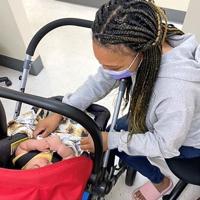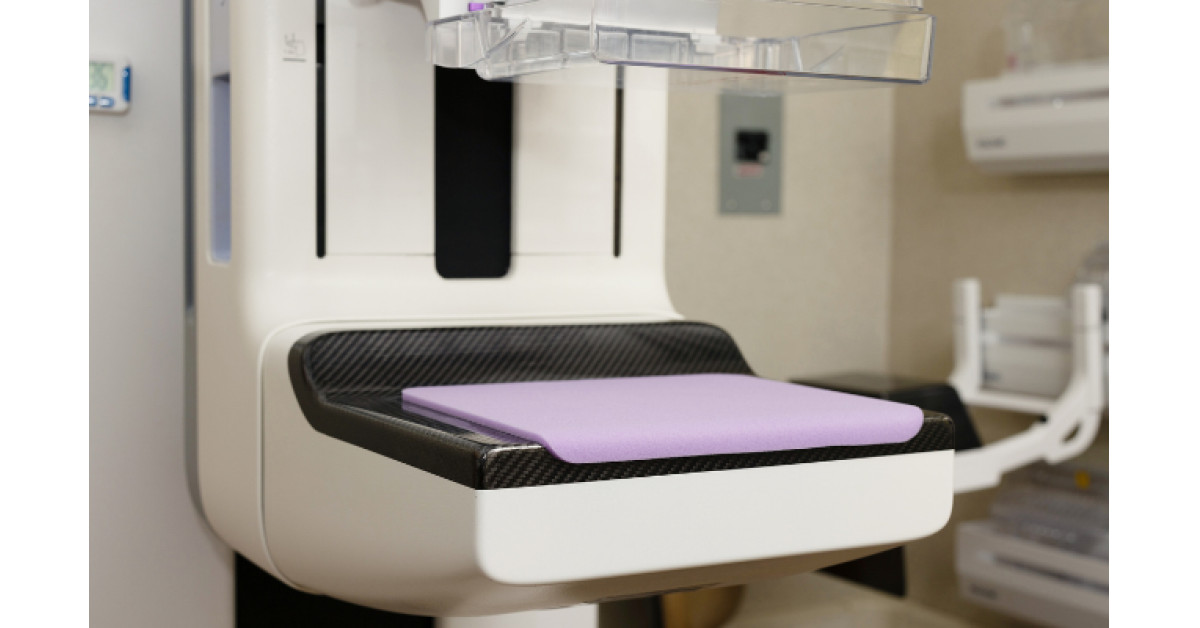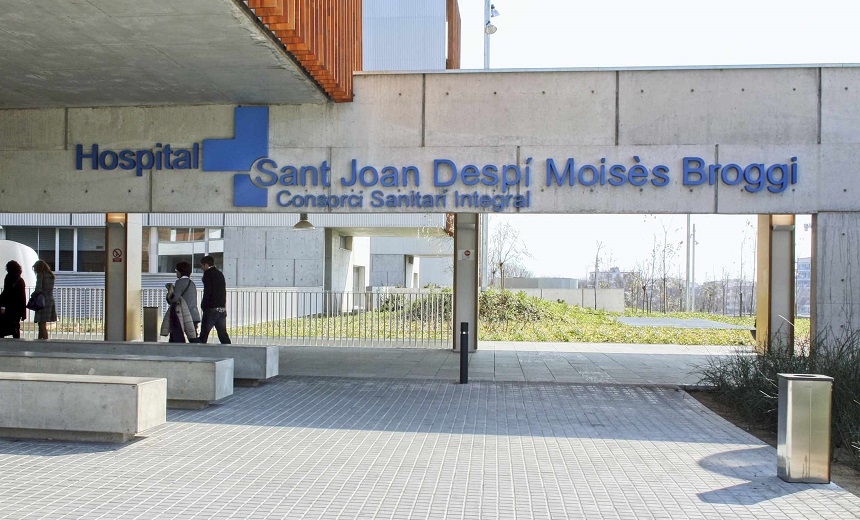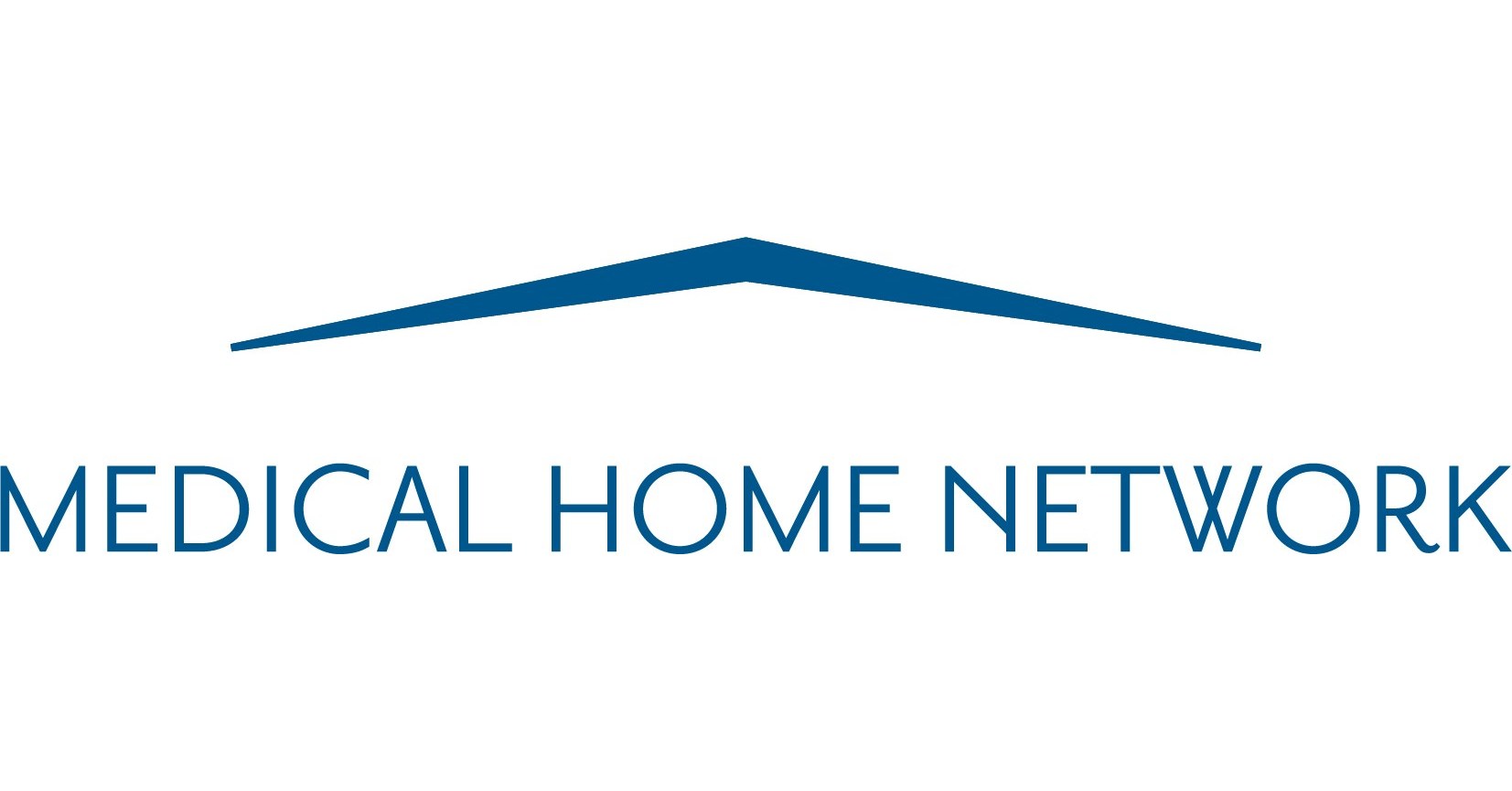Emergency aid continues for free clinics and health centers reeling from Hurricane Ian

By Lara Cooper
The emergency response to Hurricane Ian continues this week, as many health centers and free clinics in Florida work to reopen their doors to patients. Some never closed and were spared, others started working elsewhere or deploying mobile units.
Direct Relief staff met with health centers and free clinics affected by Hurricane Ian on Monday and Tuesday, to assess the needs of the deadliest storm to hit the state since 1935.
Direct Relief is in daily contact with the National Association of Free and Charitable Clinics, and the organization reports that The main concerns of members in Florida are loss of funding for staff time and structural damage, lack of electricity and water, and loss of temperature-sensitive medications like insulin and vaccines. Staff members facing damage to their own homes, lack of childcare with schools closed and the impacts of evacuations on staff all top the list. Limited internet connectivity due to power outages is also a concern.
At least two of the free clinics in Port Charlotte and Lakeland have lost all or part of their insulin and vaccine stocks, including Covid-19 vaccines. Potency and damage assessments will continue this week. Some of the less affected clinics have worked to connect patients and the community to emergency services. For example, the Osceola Council of Aging Health Clinic in Kissimmee saw its building transformed into a special needs shelter and worked to help relocate members of the community with special needs.
Keep the lights on in Naples
Direct Relief staff visited the Neighborhood Health Clinic in Naples, a free clinic providing medical and dental services to uninsured low-income workers in Collier County. All medical and dental services are provided entirely by volunteers and the clinic sees approximately 250 patients per week.
Direct Relief’s Marisa Barnes visited the clinic on Monday and said that while Hurricane Ian had a significant impact on Naples, the neighborhood health center suffered no substantial damage. A backup generator provided by Direct Relief several years ago started when power went out in the community and all insulin and vaccines remained safe and at required temperatures, in a temperature-controlled refrigerator also provided by Direct Relief, Barnes said. During the visit, the team was also able to place an order for additional emergency drugs.
The team also visited the Southwest Florida Health Care Network (Collier Health) in Naples. The federally licensed health center is located further inland, and although the building was not affected by the hurricane, many staff members and patients’ homes were damaged.
The clinic was able to order personal care kits containing soap, toothbrushes and other personal care items for the displaced, insulin and other chronic disease medications which the clinic will distribute through a mobile unit this week as they provide care in rural areas. .
As of Tuesday, more than 417,000 people were without power, according to Poweroutage.us. Officials in Lee County, which includes Ft. Myers, estimated Monday that the area would be without power for a month.
Due to the large amount of shattered glass, shredded metal and other debris seen in places like Port Charlotte, Barnes expressed concern that people returning home for cleanup could be at risk of injury. and infections, including tetanus and other bacterial infections. Waterborne illnesses are also a concern, as many places across the state are under boil water advisories. Lack of electricity can also create a dangerous situation for people dependent on electrical medical devices.
Barnes reported that much of Port Charlotte is without power and the city is suffering extensive infrastructure damage, with traffic signs blown flat, streetlights ripped from the ground, trees downed and many buildings left without roof due to high winds.
“There’s a lot of physical damage,” said Direct Relief’s Tom Roane, who was carrying out emergency assessments and site visits on Monday. “Some people will have insurance, but so many others will not.”
In addition to requests for essential medicines, a large number of requests have been made to the organization for emergency food as well as personal care products for people displaced from their homes.
Nineteen medical aid shipments were prepared for shipment to Florida on Monday, and 18 were staged for South Carolina from the Direct Relief warehouse. Because kits of personal care items were being ordered statewide, a volunteer event was held Tuesday at Direct Relief’s California headquarters, where 2,500 of the kits were packed for those displaced by Ian.
Emergency response efforts will continue this week.





